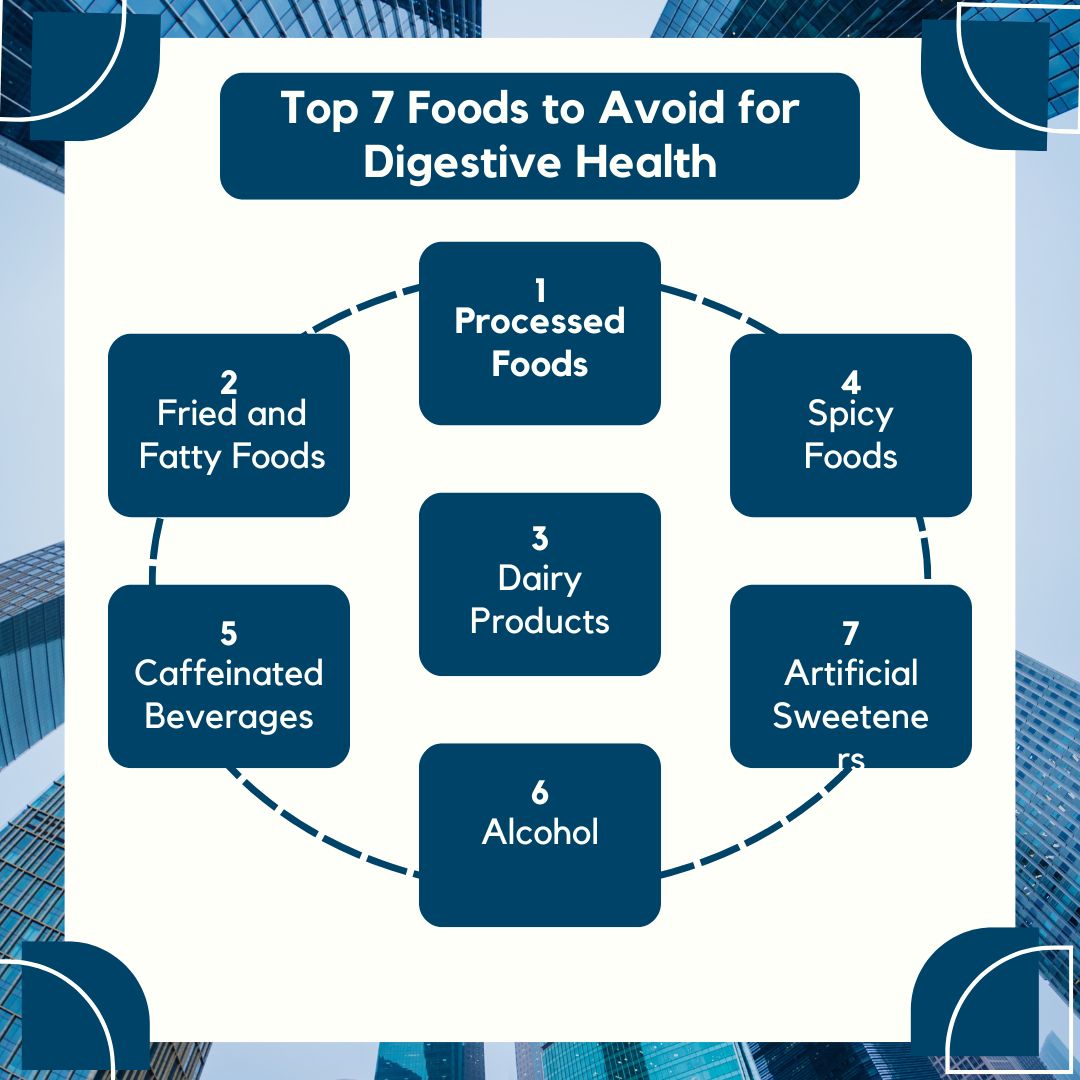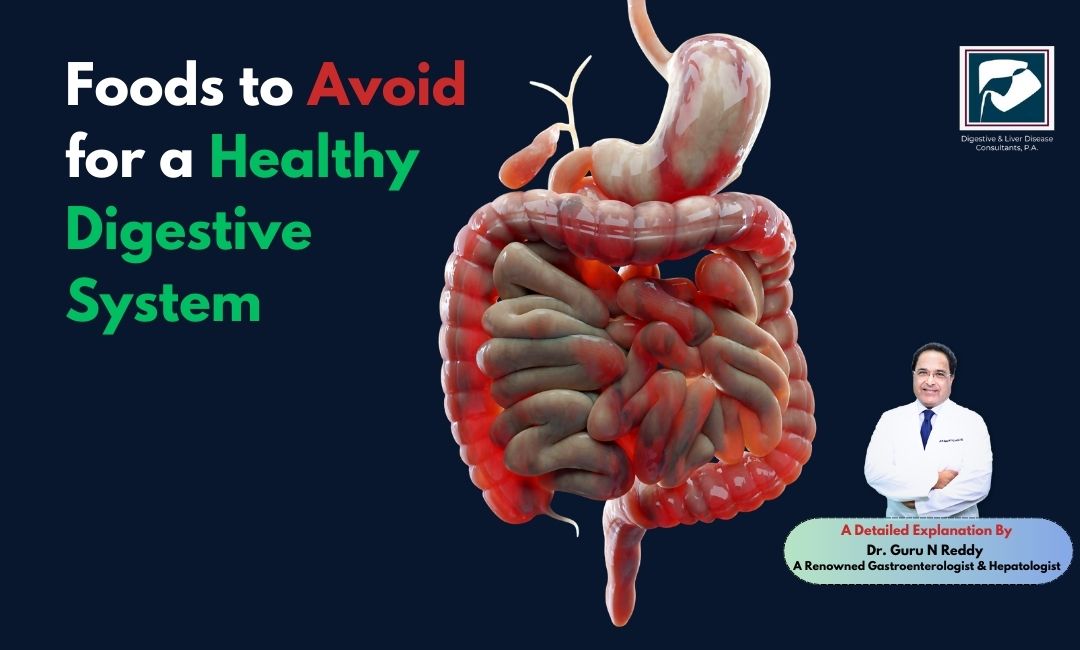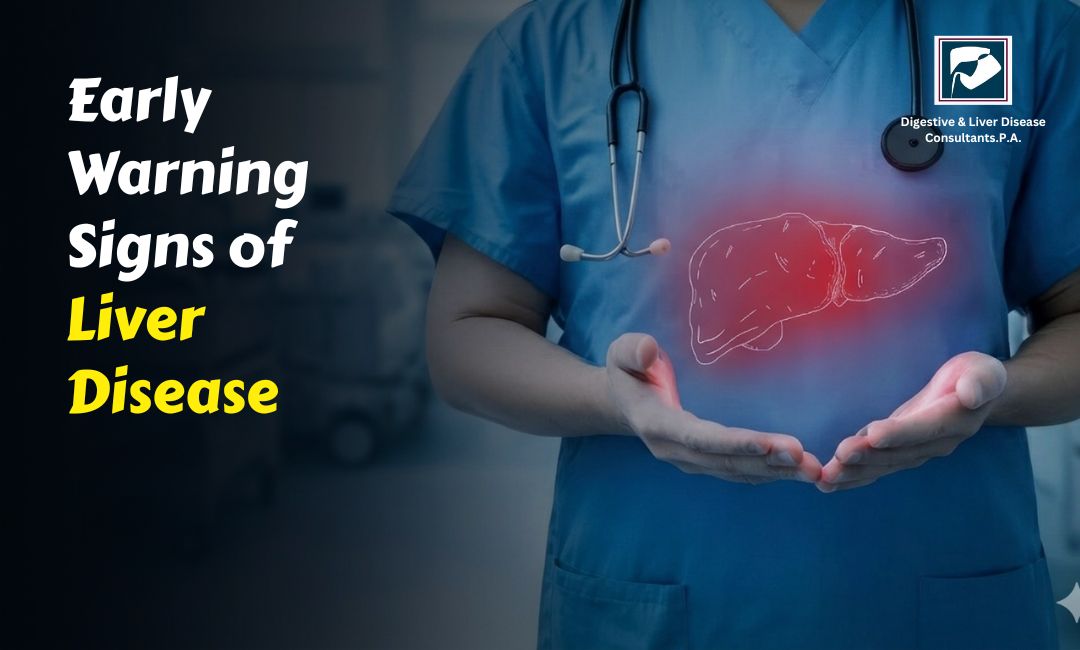Maintaining a healthy digestive system is essential for overall well-being, and a balanced diet plays a significant role in this. However, certain foods can negatively affect the digestive process, causing discomfort and even long-term health issues. In this article, we’ll discuss the foods to avoid for a healthy digestive system and provide expert advice on how to improve your gut health.
Common Foods that Harm Digestion
Processed Foods
Processed and refined foods, including ready-made meals, fast foods, and snacks, often contain unhealthy fats, preservatives, and artificial additives. These ingredients can lead to bloating, constipation, and indigestion. Highly processed carbohydrates and sugar-rich foods can also disrupt the balance of healthy bacteria in the gut, leading to digestive issues such as irritable bowel syndrome (IBS).
Fried and Fatty Foods
Fried foods like french fries, fried chicken, and doughnuts are high in unhealthy fats, which can slow down digestion and contribute to bloating and acid reflux. Additionally, these foods are difficult for the stomach to break down, leading to digestive discomfort. Overconsumption of fatty foods may also cause inflammation in the digestive tract, exacerbating issues like heartburn and gastritis.
Dairy Products
While dairy is an excellent source of calcium and protein, many people are lactose intolerant, meaning their digestive systems struggle to break down lactose, a sugar found in milk and dairy products. Symptoms of lactose intolerance include bloating, gas, diarrhea, and stomach cramps. If you suspect you have lactose intolerance, consider eliminating dairy or switching to lactose-free alternatives.
Spicy Foods
Spicy foods such as chili peppers, hot sauces, and curries can irritate the digestive system, particularly for individuals with sensitive stomachs. Capsaicin, the compound that gives peppers their heat, can trigger heartburn, acid reflux, and stomach ulcers. If you have a history of digestive issues, it’s best to limit spicy foods in your diet.

Caffeinated Beverages
While coffee, tea, and energy drinks are commonly consumed for their stimulating effects, caffeine can increase stomach acid production and cause heartburn, indigestion, and acid reflux. Caffeine also stimulates the bowel, potentially leading to diarrhea in sensitive individuals. For better digestive health, opt for caffeine-free beverages like herbal teas.
Alcohol
Excessive alcohol consumption can harm the digestive system in several ways. It can irritate the stomach lining, leading to gastritis, and impair the digestive enzymes required for proper nutrient absorption. Moreover, alcohol is known to disrupt the gut microbiome, leading to an imbalance in gut bacteria, which is essential for proper digestion. It’s advisable to limit alcohol intake to support digestive health.
Artificial Sweeteners
Artificial sweeteners, often found in sugar-free gum, candies, and diet sodas, can have a negative effect on the digestive system. These sweeteners, such as aspartame and sucralose, can cause bloating, gas, and discomfort in some individuals. They may also disrupt gut bacteria, which are vital for the proper functioning of the digestive system.
How Poor Diet Affects Your Digestive Health
An unhealthy diet that’s rich in processed foods, unhealthy fats, and sugary snacks can lead to digestive problems over time. The digestive system relies on a balanced intake of fiber, water, and healthy fats to function properly. A poor diet can lead to:
Constipation: Lack of fiber can slow down digestion, making it difficult for food to pass through the intestines. This can result in constipation and discomfort.
Acid Reflux: Consuming trigger foods like fried items, spicy foods, and chocolate can cause acid to back up into the esophagus, resulting in heartburn and acid reflux.
Irritable Bowel Syndrome (IBS): A diet high in processed foods and low in fiber can exacerbate IBS symptoms, such as bloating, cramps, and diarrhea.
Increased Inflammation: Foods high in unhealthy fats and sugars can cause inflammation in the digestive tract, leading to conditions like gastritis and ulcers.
For better digestive health, it's crucial to choose nutrient-dense foods that support the proper functioning of the gut and avoid those that contribute to inflammation and discomfort.
Tips for Improving Your Digestive Health
Increase Fiber Intake
Fiber is essential for healthy digestion. It helps move food through the digestive tract, prevents constipation, and supports a healthy gut microbiome. Foods high in fiber include fruits, vegetables, whole grains, and legumes.
Stay Hydrated
Drinking plenty of water is crucial for digestion. Water helps dissolve nutrients, making them easier to absorb, and keeps the digestive tract functioning smoothly. Aim for at least 8 cups of water per day.
Eat Smaller, Frequent Meals
Rather than consuming large meals, try eating smaller meals throughout the day. This can prevent overeating and give your digestive system time to process food efficiently.
Avoid Overeating
Overloading the digestive system with too much food at once can slow digestion and cause discomfort. Practice mindful eating by chewing slowly and listening to your body’s hunger cues.
Probiotics and Prebiotics
Probiotics are beneficial bacteria that promote a healthy gut, while prebiotics are fibers that feed these bacteria. Incorporate probiotic-rich foods like yogurt, kefir, and fermented vegetables into your diet. Prebiotics are found in foods like garlic, onions, and bananas.
Exercise Regularly
Physical activity can promote healthy digestion by stimulating the muscles of the digestive tract, helping food move through more efficiently. Aim for at least 30 minutes of moderate exercise most days of the week.
Conclusion
A healthy digestive system is key to overall well-being. By avoiding harmful foods and adopting a diet rich in fiber, water, and probiotics, you can significantly improve your digestive health.
If you're experiencing ongoing digestive discomfort or other health concerns, consult our best healthcare professionals at DLDC (Digestive & Liver Disease Consultants P.A.).











